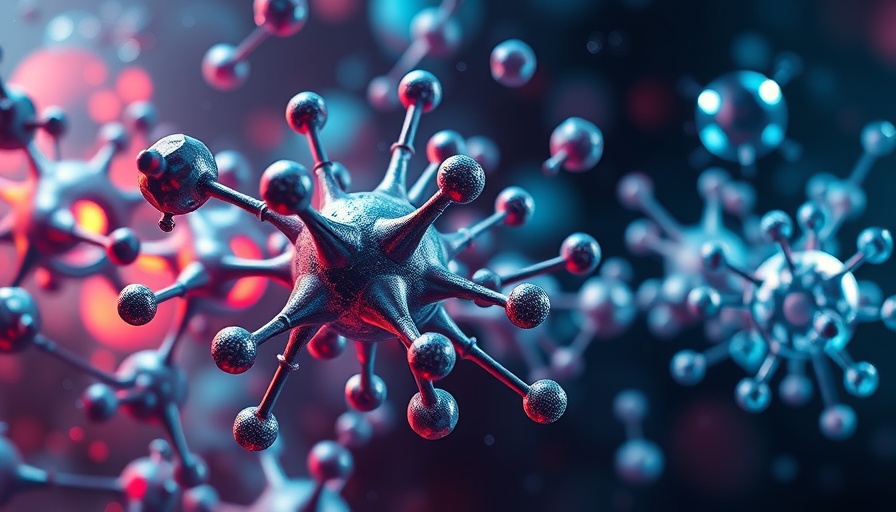
A Groundbreaking Discovery in Carbon Monoxide Treatment
The University of Maryland School of Medicine (UMSOM) has made a remarkable advancement in the field of emergency medicine with the development of a novel protein therapy aimed at treating carbon monoxide poisoning. This promising new antidote, known as RcoM-HBD-CCC, is not just a step forward in healthcare but offers hope for countless lives affected by this silent killer.
Understanding Carbon Monoxide Poisoning
Carbon monoxide (CO) poisoning remains a leading cause of accidental deaths in the United States, resulting in approximately 1,500 fatalities and 50,000 emergency room visits annually. The danger primarily arises from improper ventilation of combustion equipment or smoke inhalation from fires. Once inside the body, CO binds to hemoglobin in red blood cells with a far greater affinity than oxygen, effectively shutting down the body’s ability to transport life-giving oxygen to vital organs.
The Problem with Current Treatments
Despite existing therapies that focus on administering oxygen to help eliminate carbon monoxide, many survivors of CO poisoning continue to suffer long-term health issues, including heart and brain damage. These lingering effects highlight an urgent need for innovative treatments that can provide effective relief from the immediate toxicity of carbon monoxide while minimizing the risk of side effects.
How RcoM-HBD-CCC Works
Enter RcoM-HBD-CCC, a specially engineered variant of RcoM, a natural protein derived from the bacterium Paraburkholderia xenovorans, which already exhibits a unique ability to detect and bind carbon monoxide. In laboratory tests, this newly engineered protein acted efficiently as a “sponge,” selectively absorbing carbon monoxide from the bloodstream without interfering with oxygen or other essential molecules. The results were promising: the therapy not only effectively removed CO from red blood cells but also demonstrated minimal impact on blood pressure, a common concern with other treatments.
The Future of CO Poisoning Treatment
Researchers believe that RcoM-HBD-CCC could soon revolutionize the management of carbon monoxide poisoning. “This has the potential to become a rapid, intravenous antidote that could be administered in emergency rooms or by first responders on the scene,” explained Mark T. Gladwin, the study's corresponding author. With the prospect of a faster and more reliable treatment, it’s a wait-and-see game as clinical trials pave the way for practical applications.
Broader Implications for Biotechnology
The strides made in developing RcoM-HBD-CCC could have far-reaching implications that extend beyond carbon monoxide poisoning. Innovations in protein therapies underscore the growing role of biotechnology in shaping future medical treatments. By harnessing the innate powers of biological molecules, researchers are pushing the boundaries of what's possible in therapeutics, paving the way for targeted and effective solutions to a variety of medical emergencies.
As we look forward to the clinical applications of this groundbreaking therapy, the importance of science and technology in enhancing our health can’t be understated. Educating ourselves about the advancements in biotech not only keeps us informed but also engenders a sense of connection to the ongoing fight against preventable health crises.
 Add Row
Add Row  Add
Add 




Write A Comment